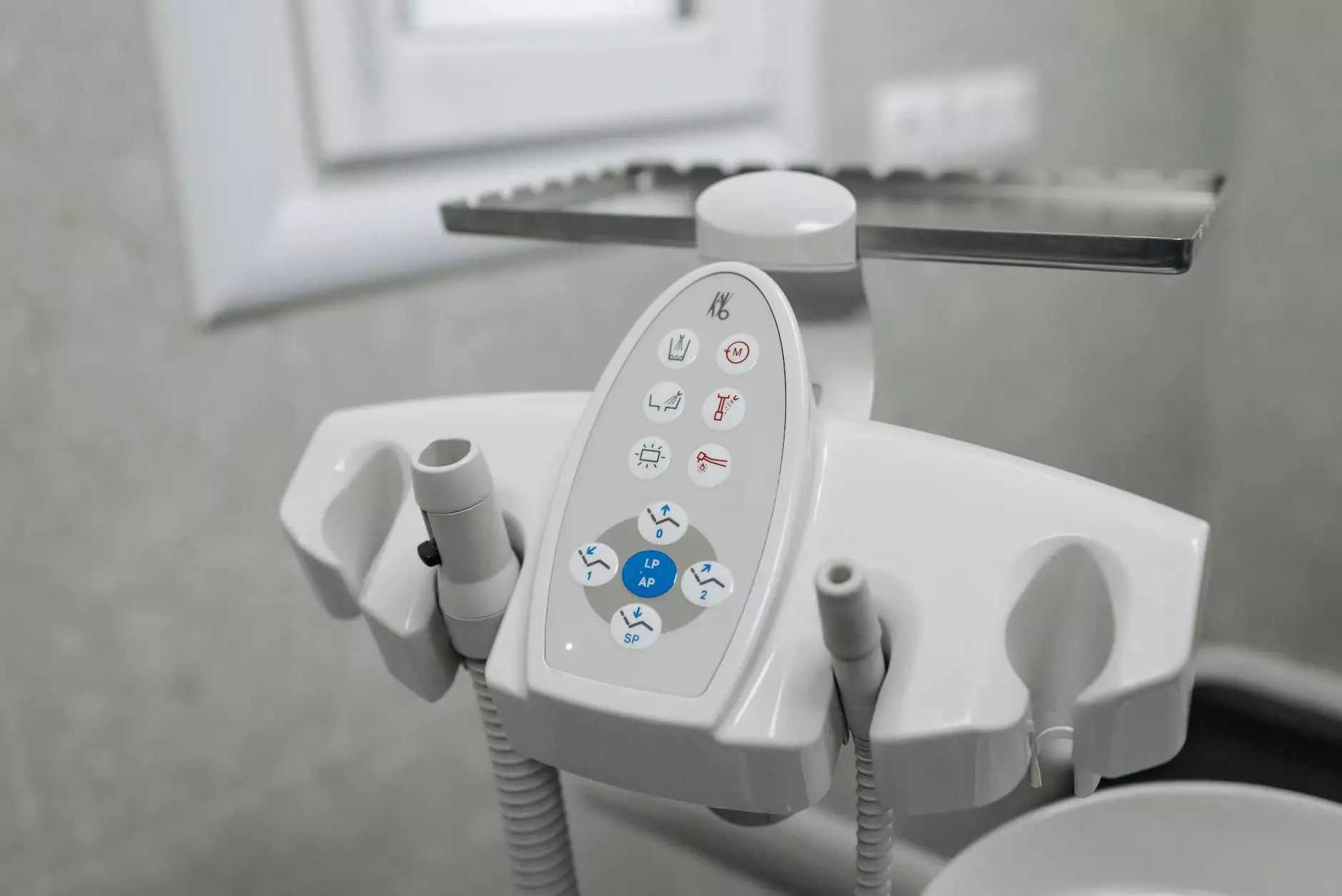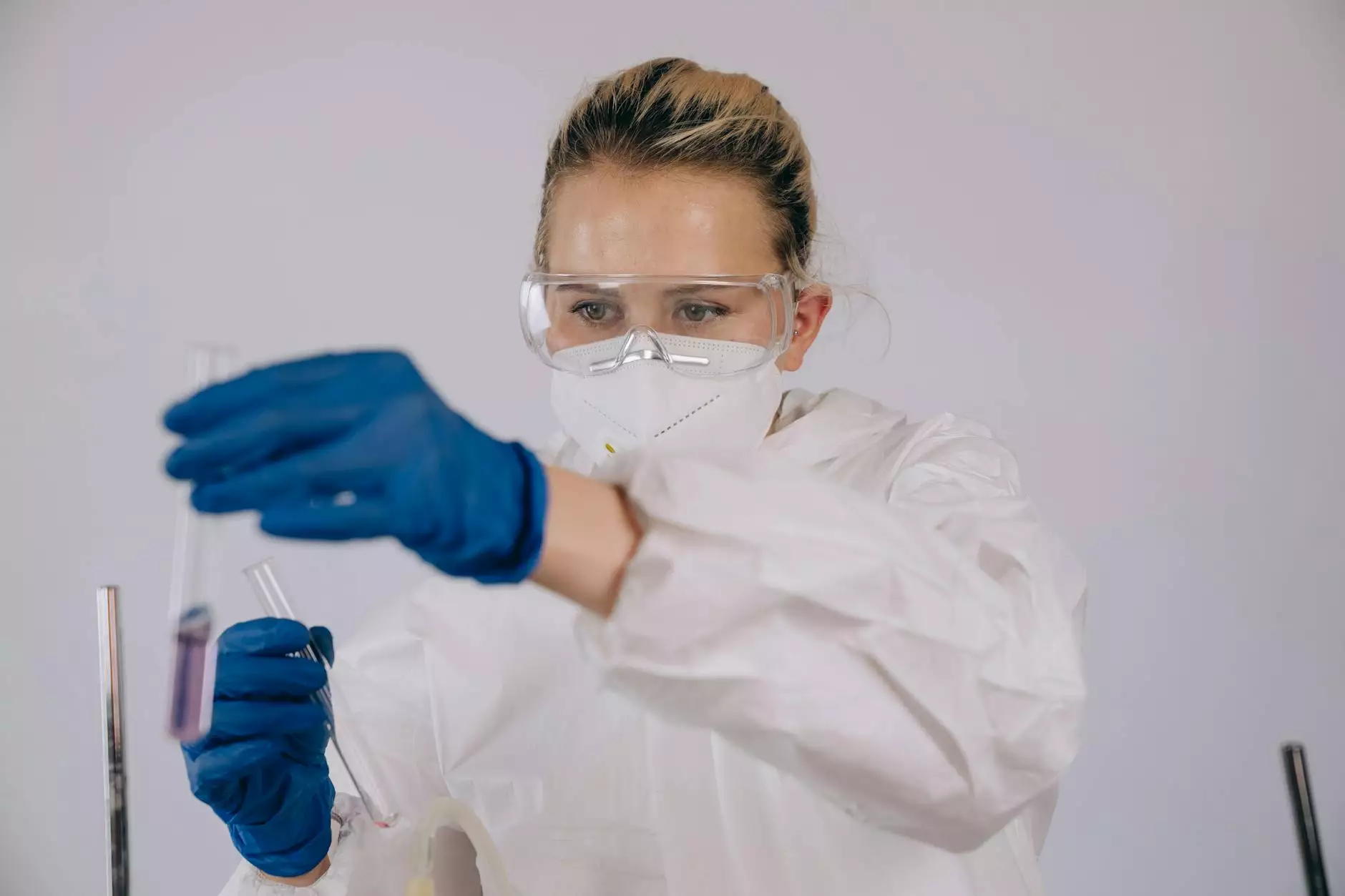The Cost of Arthramid: Comprehensive Insights for Horse Owners

Arthramid has emerged as a revolutionary product in the realm of equine healthcare, specifically aimed at enhancing joint health and mobility in horses. As a horse owner, understanding the cost of Arthramid and its implications for your horse’s health is crucial for making informed decisions. This article delves deep into the various aspects of Arthramid, including its benefits, how it works, and factors affecting its cost.
Understanding Arthramid: What Is It?
Arthramid is a unique product designed for the treatment of arthritic conditions and joint issues in horses. It is a biocompatible and non-settling solution that provides relief and enhances joint function without the need for surgery or extensive interventions. Essentially, it works by supplementing the natural synovial fluid in the joints, promoting lubrication and shock absorption.
Mechanism of Action: How Does Arthramid Work?
Arthramid is composed of synthetic polyacrylamide, which has been proven to be effective and safe for use in equines. When injected into the joint space, it acts as a cushion, mimicking the natural joint fluid. This cushioning effect leads to:
- Reduction of friction: Enhancing joint lubrication, allowing smoother movements.
- Pain alleviation: Providing relief from discomfort associated with arthritis and joint wear.
- Reduction of swelling: Minimizing inflammation through its unique properties.
By understanding these mechanisms, horse owners can appreciate how critical Arthramid can be in managing equine health.
Benefits of Using Arthramid for Your Horse
Investing in your horse’s joint health through the use of Arthramid offers numerous benefits:
- Enhanced mobility: Horses treated with Arthramid often show significant improvement in their agility and ability to perform at peak levels.
- Long-lasting effects: Unlike other joint injections, the effect of Arthramid can last from several months up to a year.
- Minimally invasive: The procedure is relatively straightforward, requiring only a simple injection.
- Widely accepted: Veterinary professionals recognize the efficacy of Arthramid, making it a trusted choice for many.
Cost Considerations: What Is the Cost of Arthramid?
The cost of Arthramid varies based on several factors, including:
- Location: Prices can differ significantly based on the geographical region and local market conditions.
- Veterinary fees: The cost may include veterinary consultation fees, which can vary from one practitioner to another.
- Size and condition of the horse: Larger horses or those with more severe joint issues may require a higher dosage, thus increasing the overall cost.
- Follow-up treatments: While many horses see improvement after the first treatment, some may require additional sessions for optimal results.
On average, the cost of Arthramid can range from $600 to $1,200 per treatment, making it a significant but worthwhile investment in your horse’s health.
Where to Purchase Arthramid
Finding a reputable source for Arthramid is crucial for ensuring that you obtain a legitimate product. Here are steps to consider:
- Consult a veterinarian: Always start with your equine veterinarian for recommendations on where to acquire Arthramid.
- Online suppliers: Many online platforms, including kihorsemed.com, offer Arthramid. Ensure that the site is reputable and verified.
- Local clinics: Some veterinary clinics stock Arthramid, so inquire directly with your vet.
Considerations Before Treatment
Before opting for Arthramid, consider the following:
- Veterinary examination: A thorough examination by a qualified veterinarian can determine if Arthramid is right for your horse.
- Assessment of joint health: Understanding your horse’s specific joint issues will help in assessing how beneficial Arthramid may be.
- Discuss alternative treatments: Sometimes, other treatments might be coupled with Arthramid for better results, such as anti-inflammatory medications or changes in exercise regimens.
Success Stories: Horses That Thrived with Arthramid
Many horse owners have shared their positive experiences after using Arthramid. Here are a few brief testimonials:
"After using Arthramid, my mare's performance in shows dramatically improved. She was more agile and pain-free!" - Emily, Equine Enthusiast
"Our vet recommended Arthramid as a solution for my gelding’s arthritis. It worked wonders in restoring his mobility." - George, Horse Trainer
Conclusion: Investing in Your Horse's Health with Arthramid
The cost of Arthramid should not deter you from considering it as an option for managing your horse’s joint health challenges. Its benefits, safety, and efficacy make it a valuable investment for any horse owner looking to enhance their animal's overall quality of life.
As you navigate the world of equine healthcare, remember that the best decisions are informed by knowledge. Consult with your veterinarian, weigh your options, and choose the pathway that aligns best with your horse's needs.
FAQs: Addressing Common Queries About Arthramid
1. How long does Arthramid take to start working?
Most horse owners report seeing improvements within one to two weeks post-injection, with peak results typically observed at around 6 weeks.
2. Are there any side effects to using Arthramid?
Arthramid is generally well-tolerated, with minimal reports of side effects. However, some horses may experience temporary swelling at the injection site.
3. Can Arthramid be used in younger horses?
Yes, although it is primarily used for older horses or those with existing joint issues, younger horses can also benefit from its preventative effects.
4. Is it necessary to continue with other joint supplements while using Arthramid?
Some owners choose to continue with joint supplements to enhance overall joint health, but it is advisable to discuss this with your veterinarian.









